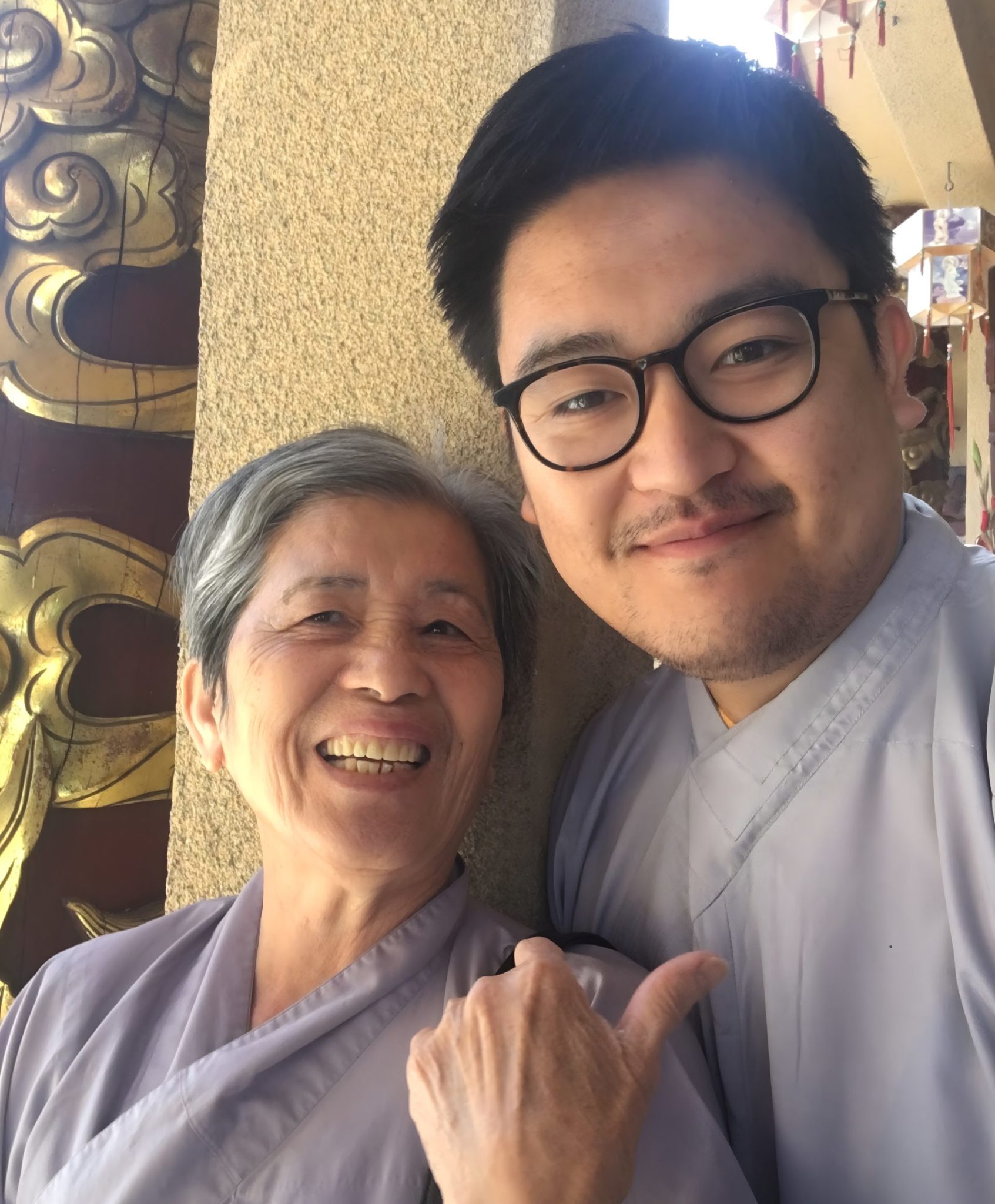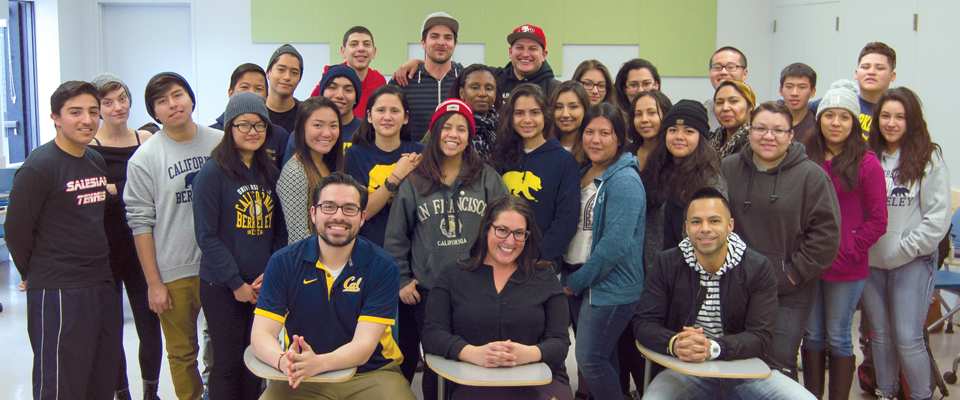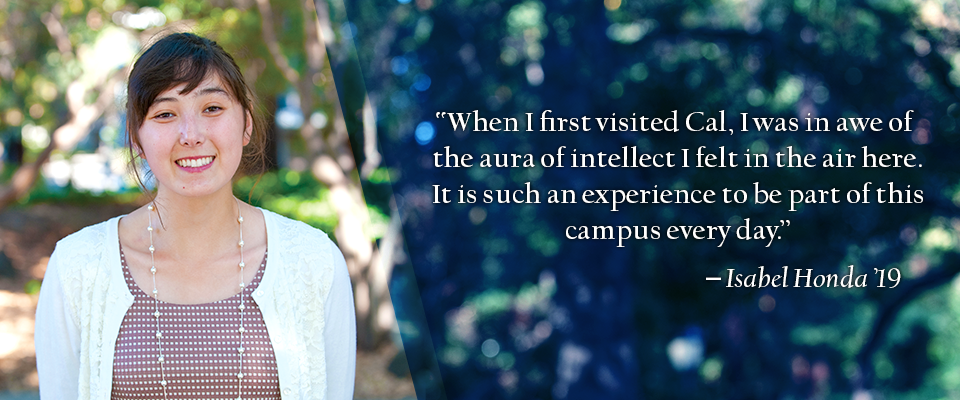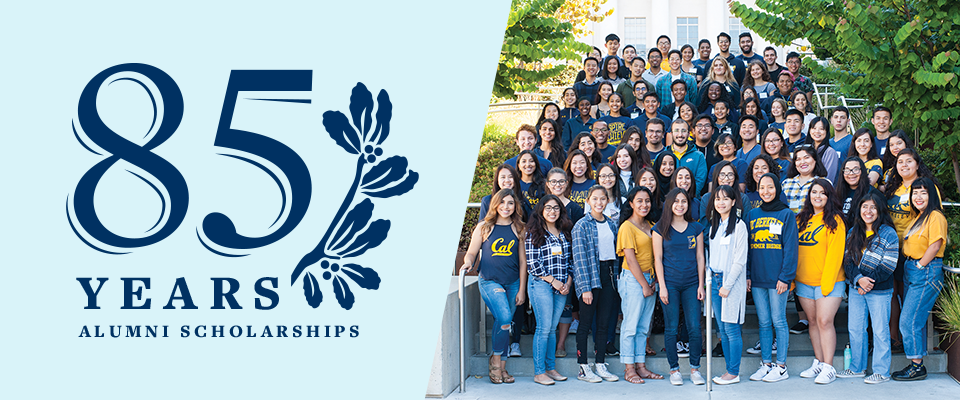Transition fills the post-grad years. Landing a grown-up job, facing new responsibilities, paying off student loans; getting settled into this new reality takes some time. It may be challenging to recognize the value of giving back to the university while adjusting to the working professional life. For Klein Lieu ’13, it was a similar deal, but giving back to Cal is something he always planned to do.
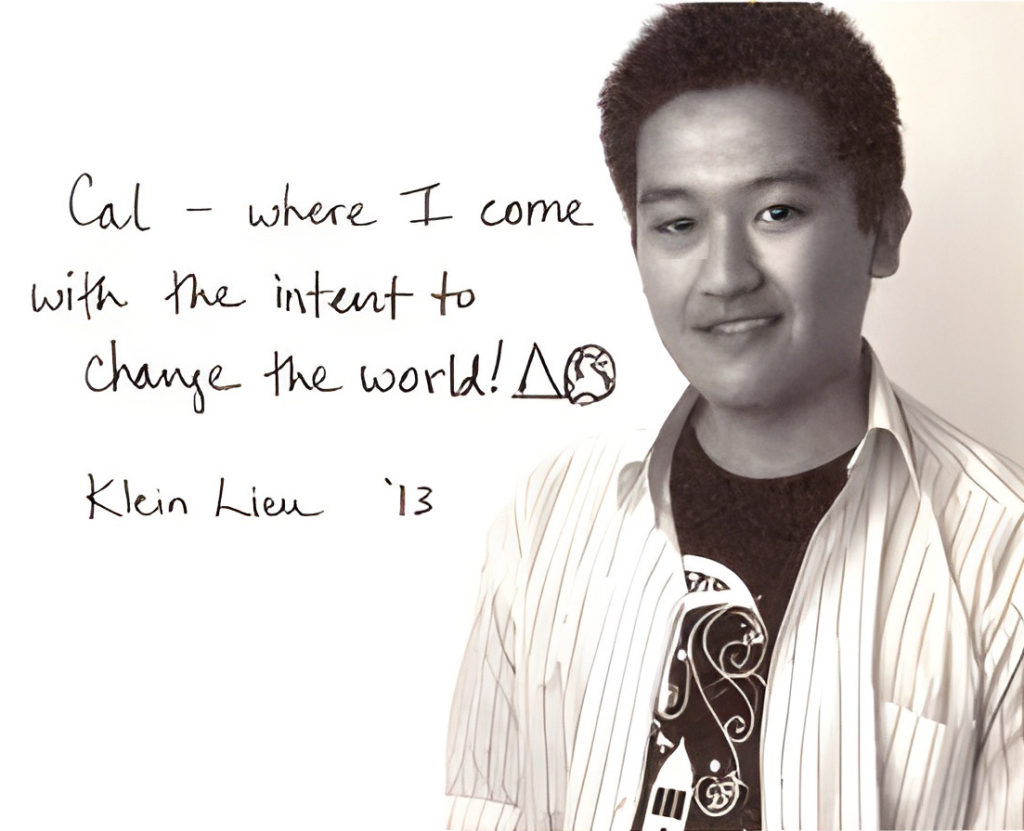
As an undergraduate, Lieu received a scholarship from The Achievement Award Program (TAAP). His mother, Mai Huynh, was proud of his accomplishments, but especially interested in meeting his donor, Elaine Mason, who lived in Iowa with her partner Norm. The couple came to Oakland every year to check in on Lieu and visit his mother, who was enthralled by Mason. “My mom calls Elaine my second mom. That’s how much she loves this woman,” he says, “Me and Elaine stay in touch to this very day.”
Mason created the endowment in memory of her son, a former Cal student. The impact of Mason’s donation extended beyond graduating from Cal and created a long-lasting friendship. Lieu wanted to do the same for someone else as Mason had done for him—so he created his own TAAP Diversity Scholarship (TAAP-DS) endowment.
“It’s like karma,” Lieu says. “At any given moment we have the power to understand that generating this karmic energy is like planting the seeds for something to grow.” It was astounding to Lieu and his mother that someone was helping a family from across the world; from a country she’d never visited. “That seed she planted bore fruit to nourish me and my family. This whole endowment process allows us to plant another tree to bear fruit for someone else that we haven’t met.” Lieu hopes that the endowment allows students with similar backgrounds to have an easier time completing their studies at Cal.
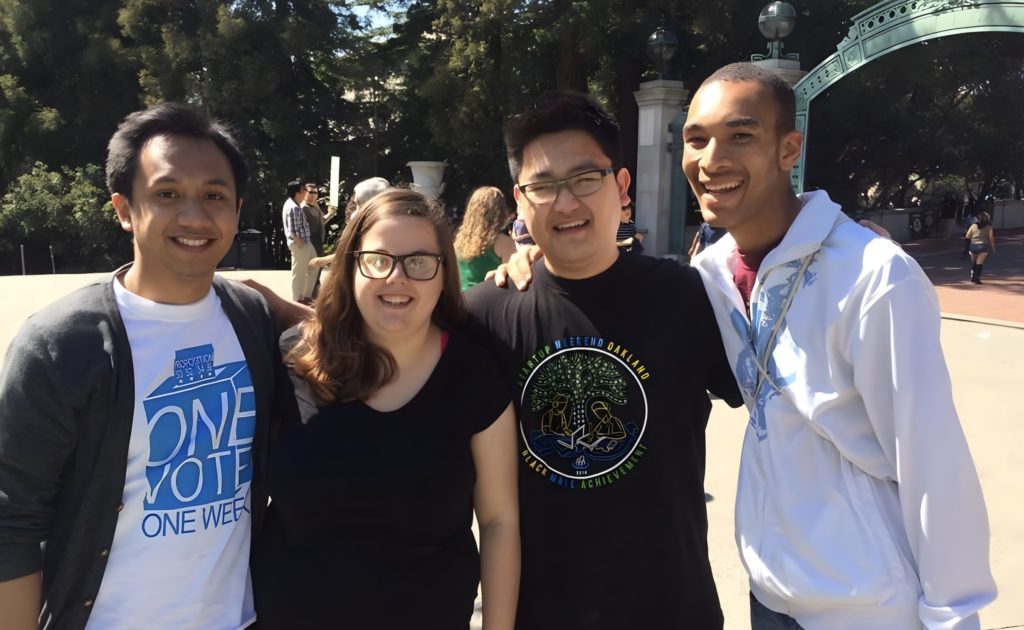
Lieu was born and raised in Oakland, a child to Vietnamese parents who immigrated to the U.S. after the Vietnam War. Growing up in Oakland, home of the Black Panther Party, the legacy of protest and social justice was part of the cultural fabric of the city. However, there was a slight disconnect. Although he was raised in a city that was a hotbed for anti-Vietnam war protests, Lieu didn’t hear much about the war from his parents. In fact, most of what he learned of the war came from reading Wikipedia articles in high school. “It’s like historical amnesia. My family didn’t really talk about the war. It was a very traumatic thing. Why would you talk about something so traumatic?”
He learned everything he could about the Vietnam War—from internet searches to speaking with members of his Zen Buddhist community. He soon learned about the anti-war protest at Cal. “I was really amazed. Why would these people be fighting to stop the war when they didn’t even know the people they’re helping halfway around the world?” Lieu says, “I wanted to go to the epicenter and that felt like Berkeley to me.”
Before attending Cal, Lieu was already involved in protesting. When the Oakland Unified School Districts announced plans for budget cuts and school closure, Lieu was among a throng of students who fought back. But once at Cal, he quickly learned that the campus held more than just a reputation for social justice and protest.
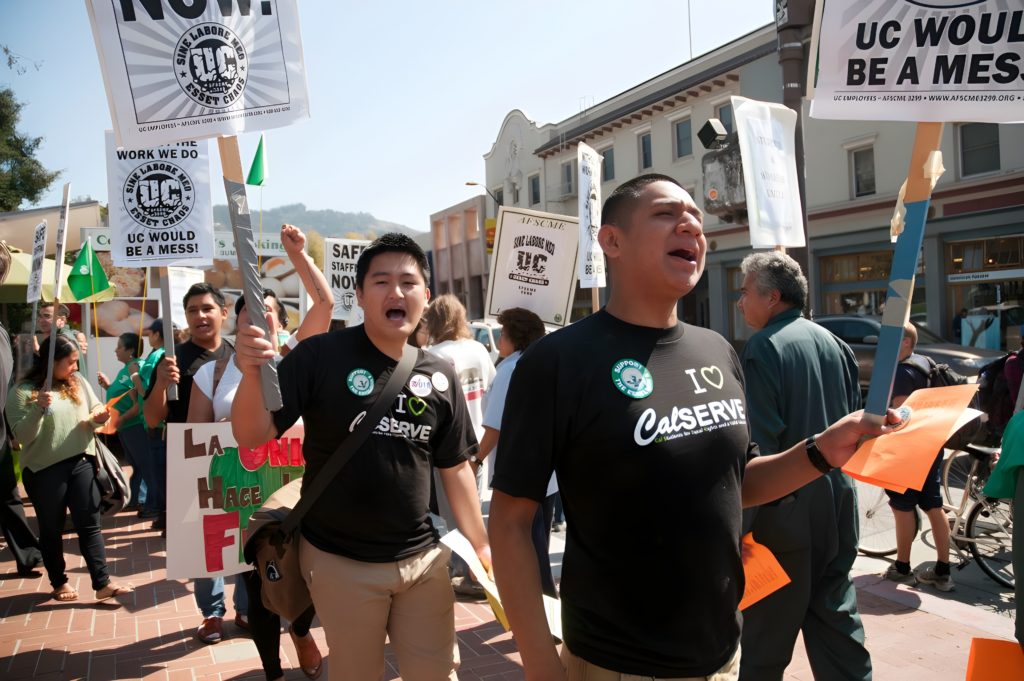
“Even though East Oakland is just 15 miles way from the Berkeley campus, it’s a completely different world,” he recalls. “You know when people tell you you should study abroad? I felt like I studied abroad my whole career at Cal.” The resources were seemingly in endless supply. Just a year prior, he and his other high school classmates were protesting to get printer paper to print their homework.
The abundant resources were a happy surprise, but upon meeting his dorm mates Lieu realized just how different a place Cal was. His roommates had done amazing things over the summer: studied at the Pyramids in Egypt, hung out in the Swiss Alps. They were the children of ambassadors and people of industry. Lieu hadn’t done anything comparable. He worked at the local AMC in Emeryville that summer. Growing up in an under-resourced community in East Oakland, he felt out of his league. “It was honestly some of my first interactions with people of wealth and privilege.”
He wasn’t alone in these sentiments. Other low-income students and students of color like Lieu often feel out of place, sensing the need to work twice as hard to be worthy of the privilege of studying at Cal while holding the door open for students like them who are to come. The more he became involved on campus—as a senator with the Associated Students of University of California, no less—he saw both the successes of the university and the shortcomings that directly impacted students of color.
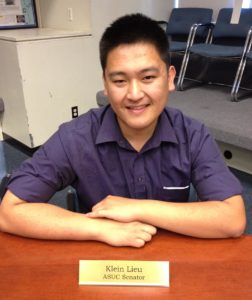
“I got an outsider-insider perspective of what activism looks like at Cal.” He explained that while the university celebrates major student protests that have changed the cultural, social, and educational landscape on campus, it’s always done in retrospect. Although these student-led movements are recognized, Lieu believes the acknowledgement is unbalanced.
“Why is the Alumni House so celebratory about things like Mario Savio or the Big Play with the football team, but there’s not a display case talking about how students of color chained themselves to the Campanile, or went on a hunger strike to defend Ethnic Studies? I think we should celebrate stories like these because these are powerful stories.”
The rose-colored glasses were off, but for Lieu, the spirit of action didn’t leave. He was more informed and learned which ways he could be the most impactful.
Uống nước nhớ nguồn
When you drink water, remember the source
Vietnamese proverb
When he graduated, Lieu took his mother through Alumni House and showed her the wall of donors. “I want you on this wall,” she told Lieu. Then she reminded him of the Vietnamese proverb ‘Uống nước nhớ nguồn,’ which translates to ‘When you drink water, remember the source.’ “That’s what planted the seed for me on graduation day. I remember that.”
For several years after his graduation, both he and his partner Anais Lieu née LaVoie ’13 were in talks with Joani Carpenter, former director of stewardship and alumni awards at the Cal Alumni Association, on starting an endowment. Lieu’s recent successes at work accelerated their timeline for giving back. When asked for the name of the endowment, they chose to name it the Mai Huynh Achievement Award, after his mother.
“It’s an acknowledgement that here’s a woman who came from Vietnam after the war and doesn’t speak very much English, was a lunch lady at Oakland High, who never got to go to college,” he explained. “This woman is my inspiration for everything. Those are the kind of people that should be given this opportunity to go to Berkeley.”
Alumni: Get involved as a volunteer, or learn more about named endowments.
Students: Interested in applying to the The Achievement Award Program for 2022-2023?










